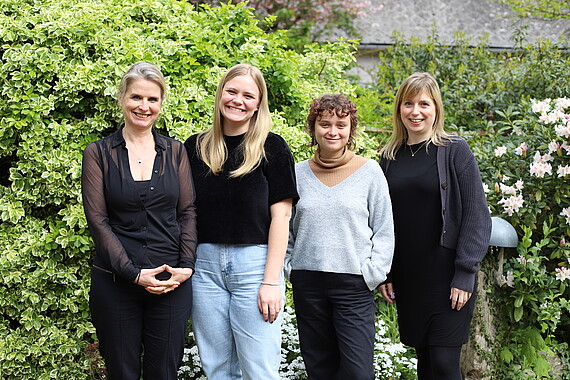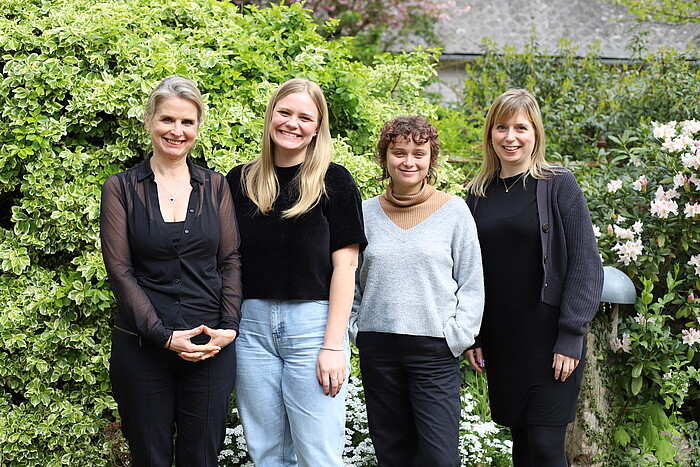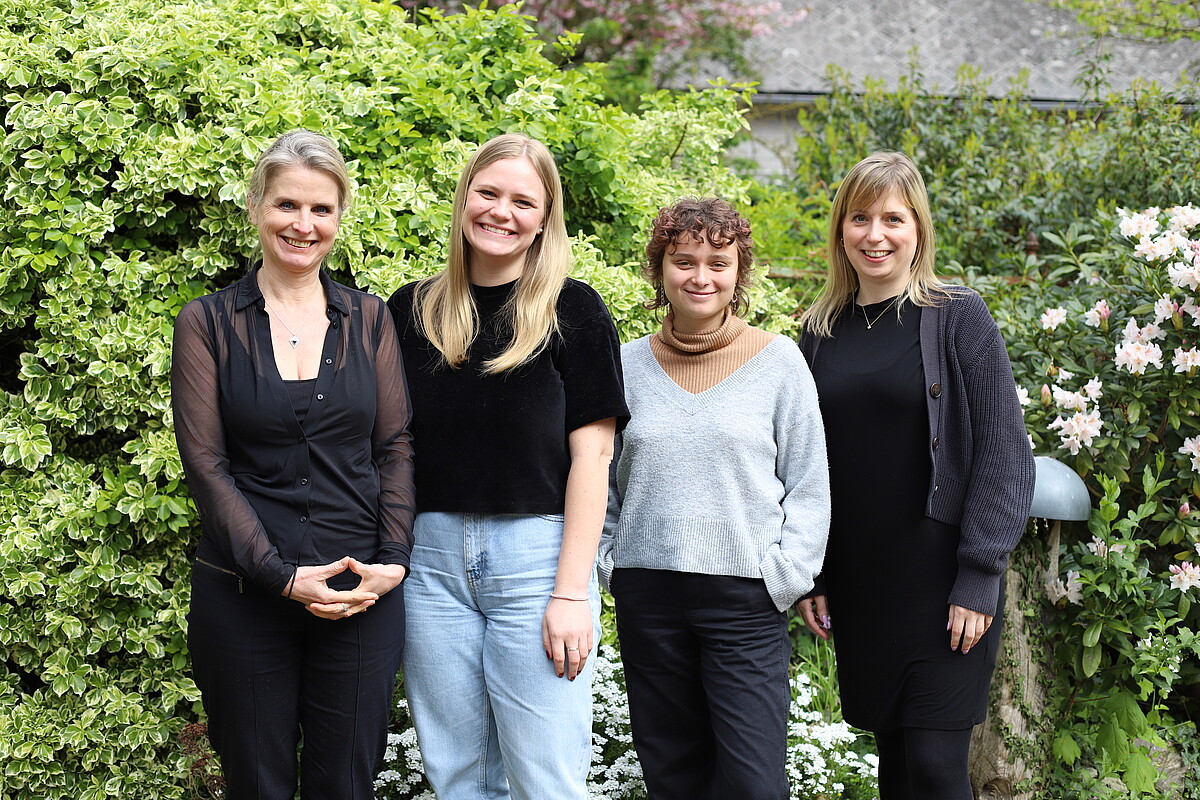


BMBF Project: Knowledge Transfer on Cooperation Paths - Subproject Types, Contextual Conditions, and Potential for Interventions (T-PATHS)



How does knowledge transfer from basic research to application succeed? The project "Transfer Paths" (T-PATHS) addresses this question and takes a inventory of types of transfer pathways, their contextual conditions and interventions. While previous studies mainly analyze bilateral knowledge transfer between two or a few partners, our analysis focuses on longer transfer paths. In our understanding, these develop where chains of cooperation from basic research to application are repeated and make a relevant contribution to knowledge transfer. Our goal in the T-PATHS project is to make such chains of cooperation and cooperation paths visible in the natural and engineering sciences, including medicine in Germany, and to identify frequently frequented cooperation paths. To this end, longer knowledge transfer paths in the natural and engineering sciences (plus medicine) that start in German universities are analyzed in the overall network of cooperating German R&D organizations and from the perspective of individual organizations. Methodologically, we combine bibliometrics-based network analyses with qualitative case studies. From the combination of these analyses, which multimethodically link the macro and meso levels of investigation, we will derive theoretically and empirically sound design recommendations for research organizations and science and research policy. Overall, we thus aim to extend the existing body of knowledge on short-range transfer (bilateral transfer or local innovation systems) to include transfer via longer pathways in the network of R&D organizations (01.08.2022-31.07.2025).
| Project Period | 01.08.2022 - 31.07.2025 |
| Project Lead | Prof. Dr. Anna Kosmützky |
| Project Team Leibniz Universität Hannover | Joelle Wirtz, B.Sc. |
| Project Team Universität Mannheim |
The project at LCSS
We use a multi-level research design to answer our research questions on cooperation chains, types of cooperation paths, and contextual conditions. In this design, we combine quantitative network analytical methods to reconstruct the German network of cooperating organizations in its dynamics to identify transfer paths and establish organizational distance profiles. In parallel (and sequentially linked through empirical results), qualitative case studies will be conducted on approaches to initiate, expand, and establish transfer pathways. The LCSS project team is leading the qualitative case studies. All current information is available on the T-PATHS website.
